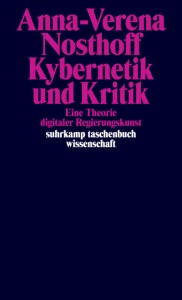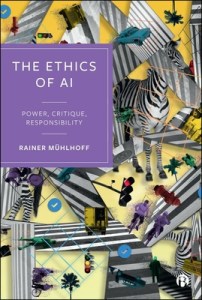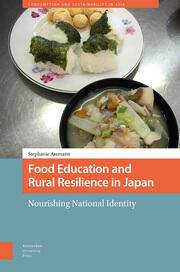Antti Saari, Nelli Piattoeva, and Katja Brøgger. (2026). Introduction: Critical times? Conditions, constraints, and cooptions in contemporary educational critique. Educational Philosophy and Theory, 1–12.
https://doi.org/10.1080/00131857.2025.2611004
Extract
In educational research, various conceptions of critique and criticality serve as markers for distinct genres of scholarship and writing, as well as for particular types of journals and monographs (Molla, 2021; Savage et al., 2021). Critique operates as a means of delineating disciplinary boundaries and signaling theoretical allegiances, each shaped by specific historical, political, and cultural contexts. Despite its widespread use as a signifier of certain scholarly orientations, the meaning of critique remains a persistent subject of debate. There is no singular or universally accepted definition of the term, nor a fixed way to practice critique.
[…]
In Christianity, building on classical Greek and Hellenic philosophy, critique also developed avant la lettre in the form of an attitude and an ethico-political virtue—a way of thinking, speaking, and acting that reflects one’s relationship to knowledge, power, society, and others. It became a mode of governing and knowing oneself, as well as a means of being subjected to detailed governance (Foucault, 2024). Foucault traces the genealogy of this critical attitude to medieval Christian monasticism, where individuals were governed, and governed themselves, through intricate forms of spiritual oversight. This variety of pastoral power involved practices of examining the contents of one’s soul and exposing them to scrutiny through confession. Here, even the most innocuous inner movements were interpreted as potential signs of moral or spiritual failure (Foucault, 2021, 2024). This deep suspicion toward appearances laid the groundwork for modern forms of critical inquiry and what later became the ‘hermeneutics of suspicion’ (Ricoeur, 2008), an interpretive approach that assumes the presence of underlying power structures, ideologies, or hidden meanings beneath surface texts or social practices. In this sense, philological and spiritual critique converged in cultivating a disposition of vigilance, toward oneself, others, and the world, that continues to inform contemporary critical traditions.
 Anna-Verena Nosthoff, Kybernetik und Kritik. Eine Theorie digitaler Regierungskunst, Suhrkamp, 2026.
Anna-Verena Nosthoff, Kybernetik und Kritik. Eine Theorie digitaler Regierungskunst, Suhrkamp, 2026.

